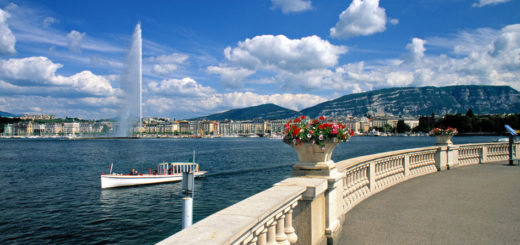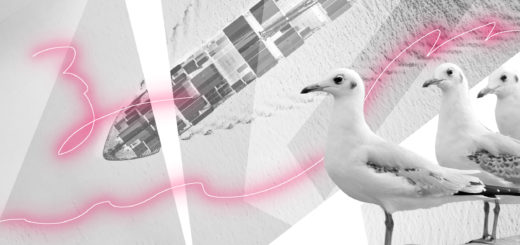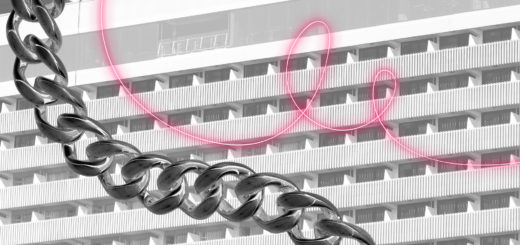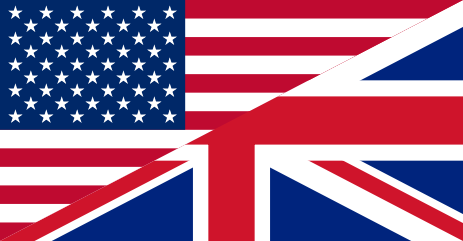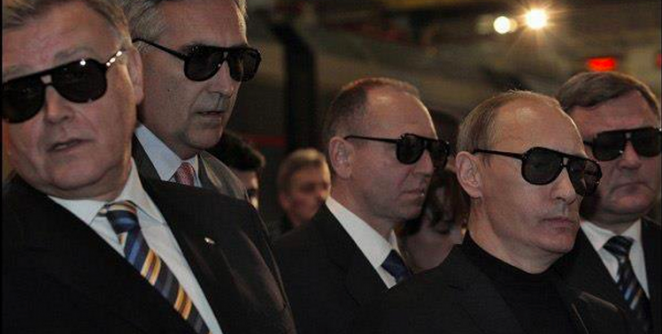Experts on sanctions. What does Bureau Veritas do in Crimea
After the annexation of Crimea, Bureau Veritas, an international company with a turnover of almost $ 5 billion, set up a branch in Sevastopol. This organization specializes in examination, certification and audit in a variety of areas, including transport, energy and oil production. Activities in these areas and assistance in them in Crimea are prohibited by the EU sanctions adopted in July 2014. The company assures that the Sevastopol branch does not conduct activities in Crimea.
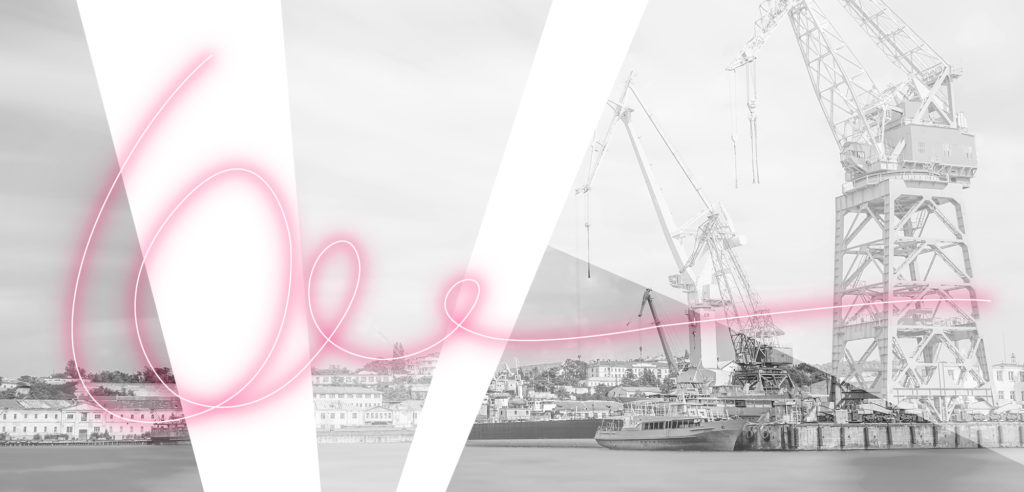
“Bureau Veritas” employs more than 70 thousand people in 140 countries, its turnover is almost $5 billion in 2018 alone. The international company with its head office in Paris is considered the second in the world in terms of revenue from certification services. Founded in 1828, Bureau Veritas remains the largest international technical company providing inspection, evaluation and quality assurance services in such areas as aeronautics, construction, shipping, energy, oil and gas, and various lines of industry.
Bureau Veritas registered its official representative office in Russia back in 1994, and the one in Ukraine in 1997. After the annexation of Crimea in July 2014, the Russian AO “Bureau Veritas Rus” made changes to its entry in the Russian state register of legal entities – it created a branch in Sevastopol. The Crimean branch of the company can easily be found in Russian business directories, but not on the websites of the Russian and Ukrainian branches of the company.

During the first call to the Crimean office, its employees answered CT that the branch really works. The Moscow branch maintained another version: “If it’s not on the website, this probably means that the branch has closed”.
Crimean portfolio
Bureau Veritas did not create a separate legal entity in Crimea, therefore it is impossible to trace their activities with documents. But a mention of the company’s activities in Crimea can be found in media reports.
In 2016, a Russian-made yacht was presented in Sevastopol. According to a local ForPost news portal, the yacht was being built under the supervision of the French Bureau Veritas.
The activities of the company related to Bureau Veritas in Crimea were mentioned in an article on the “Business of Russia” portal.
“In July 2016, OOO “Bureau Veritas Certification Rus” recertified the integrated management system of Coral Central Design Bureau for compliance with the requirements of the new edition of quality and safety standards”, – the article says about the cooperation between the Sevastopol-based “Coral” design bureau and Lukoil in the development of offshore oil and gas fields.
EU sanctions prohibit European companies from supplying goods and technologies to Crimea in certain areas: transport, telecommunications, energy, and resource extraction. Technical assistance is also prohibited in these sectors, which also includes consultations, advice and the transfer of experience.
In 2018, Bureau Veritas was engaged in a certification audit for Fort.labs Simferopol enterprise (OOO “Laboratory Fort Crimea”), which produces 1C software.
After the annexation, the parent company AO “Bureau Veritas Rus” also participated in Russian government procurements. In 2015, 2016 and 2018, the company signed contracts for a total amount of 22 million rubles ($318 thousand) with Rosnefteflot, a subsidiary of Rosneft, which has been under the EU sanctions since 2014. The contracts deal with the certification of ships based in the port of Novorossiysk. The inquiry of Current Time about these government contracts was ignored both in the Russian representative office of Bureau Veritas and in the head office in Paris.
Exisits but doesn’t work
In response to an official inquiry from Current Time, the central Russian office of AO “Bureau Veritas Rus” confirmed that they really have a branch in Sevastopol. According to the head of the representative office, only two employees are registered on the peninsula.
“In order to keep qualified employees living in Crimea, and also because of the impossibility of further action within the Ukrainian branch, a branch of AO “Bureau Veritas Rus” was registered in July 2014. Employees and their families live in Crimea, and we provide them with the opportunity to work. They should not suffer from political decisions, and we must provide them with the opportunity to work”, – said Mikhail Frolov, director of the Russian representative office.
The opening of the branch and its financing can be considered as an investment in Crimea, and such activities are prohibited by the EU sanctions. “Bureau Veritas Rus” assures us that they are not violating anything.
“Their activities have nothing to do tourism, there are no investments, they do not concern the transport infrastructure of Crimea. Their activities are exclusively related to the international inspection of ships and is 100% outside the territory of Crimea. These are different regions of Russia, Asia and Europe”, – said the head of Bureau Veritas Rus.
A similar response was received by Current Time from the head office of the French Bureau Veritas in Paris.
“Bureau Veritas has carefully studied the US and EU sanctions documents for Ukraine and Russia. We have developed a detailed set of instructions for all companies of the Bureau Veritas network, so that their activities comply with all relevant regulatory documents. Each project related to the mentioned area is subject to rigorous study in order to be sure that it is not related to prohibited activities”, – wrote Veronik Zhilek, Corporate Communications Director.
«We carefully monitor it»
Only the court can prove that Bureau Veritas directly violates the EU bans. As Queen’s Counsel (the highest lawyer rank in the UK) in the field of European sanctions, Maya Lester, told Current Time, the European Union does not give clear definitions of how sanctions work.
“There is very little explanation. We often select legal interpretations to understand what these things mean. Lawyers can give their legal assessment of what these documents mean – this is mostly my job. But the European Court is a court that will determine the interpretation. This will be the only legal and correct interpretation”, – explains the British lawyer. “The European Commission has developed some guidelines on the Russian sanctions, and they really help”.
As of now, a request has been sent to the special sanctions committee of the French Ministry of Finance. In it, the editors asked for clarification on the details of the sanctions legislation and whether Bureau Veritas was violating it. The officials replied verbatim:
“Be assured that we carefully monitor compliance with all of EU sanctions regimes”.
